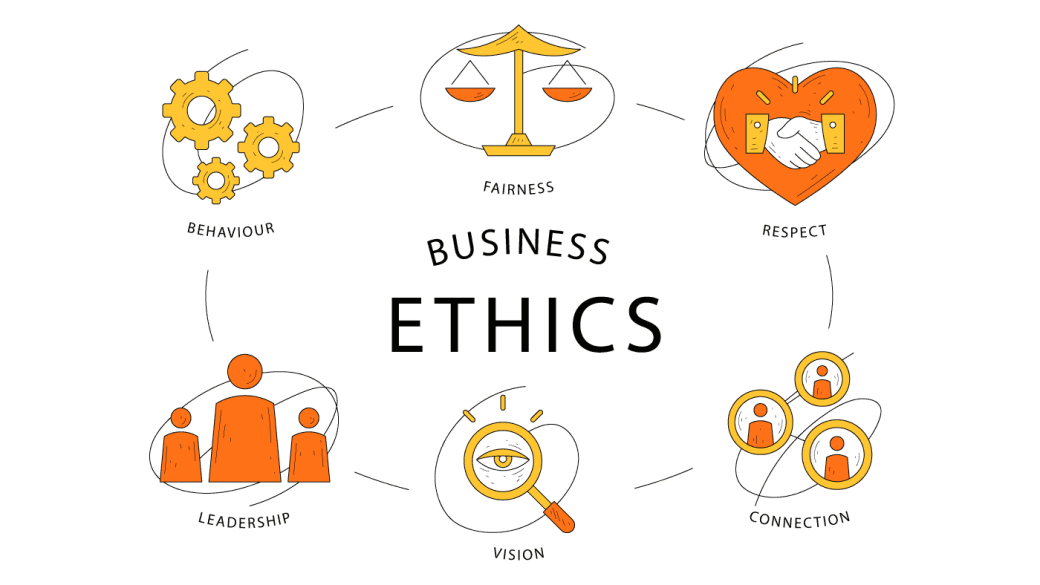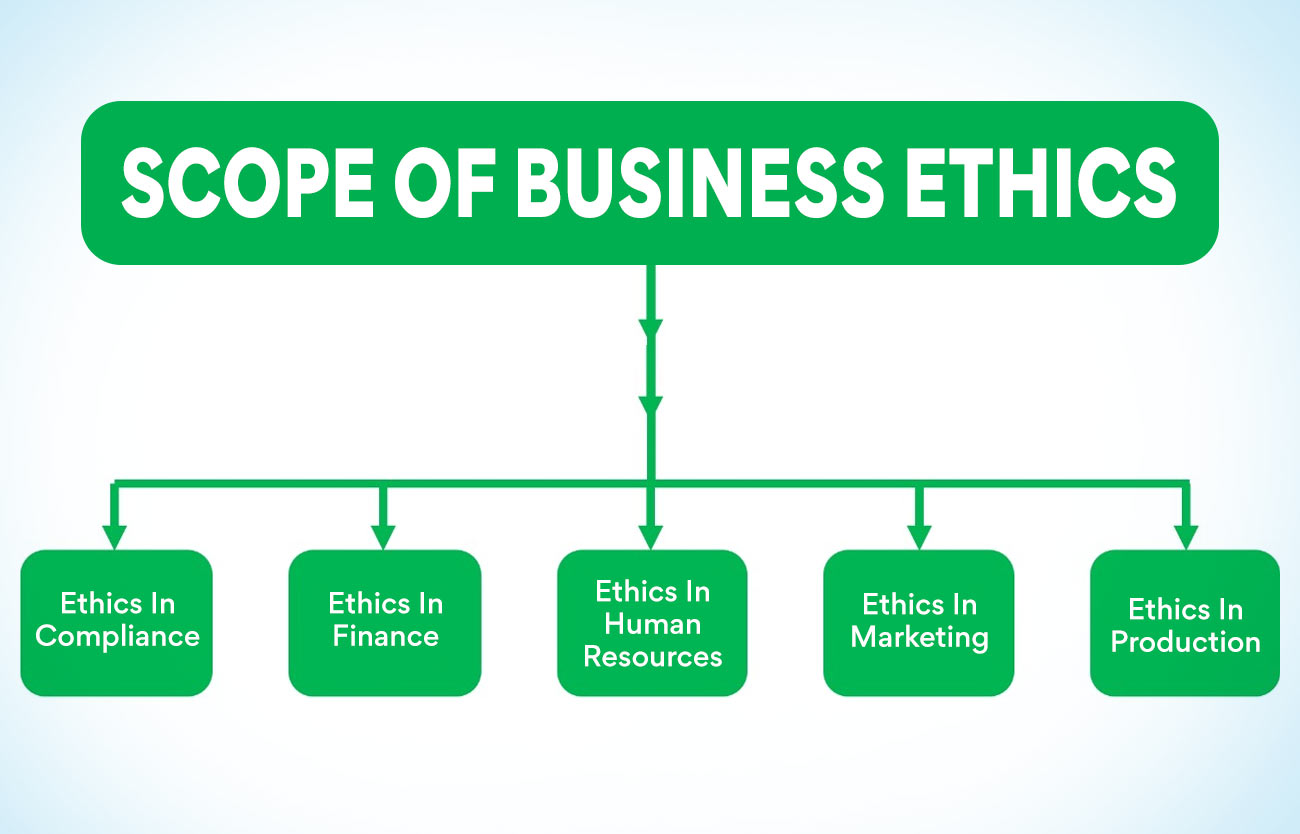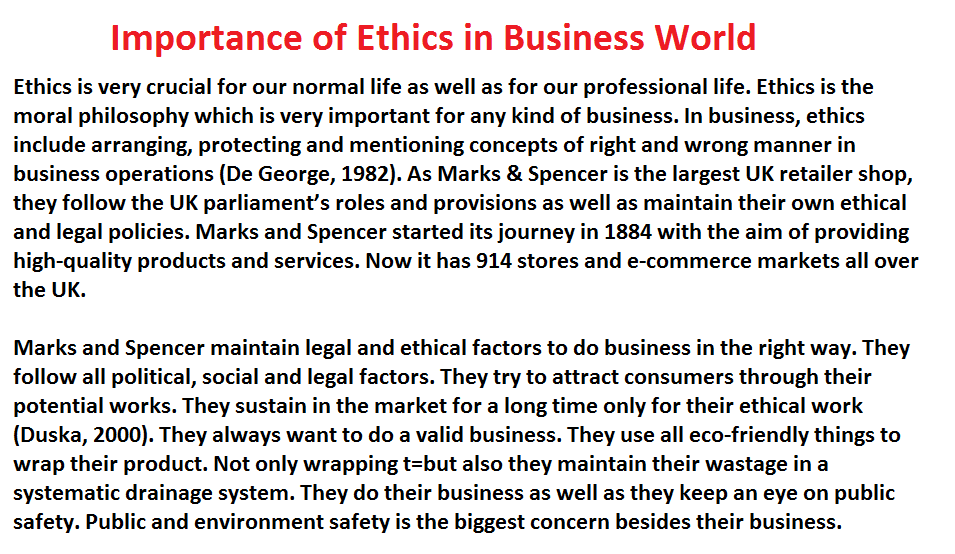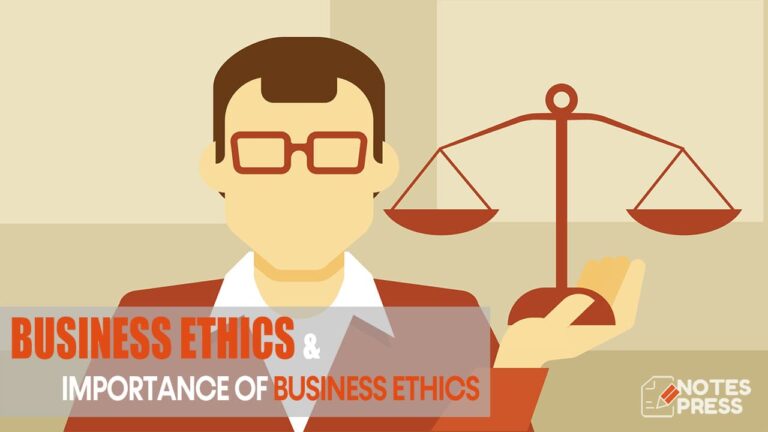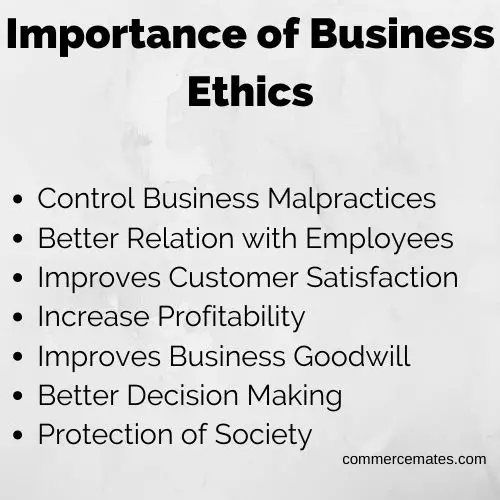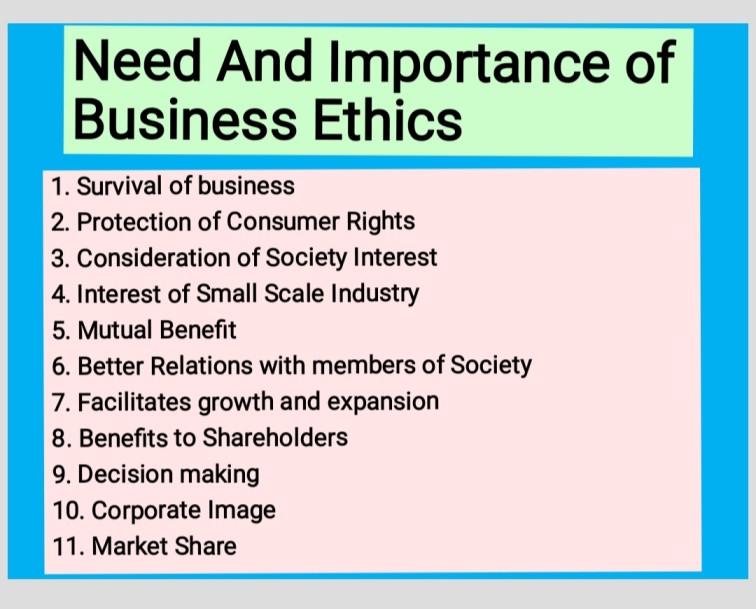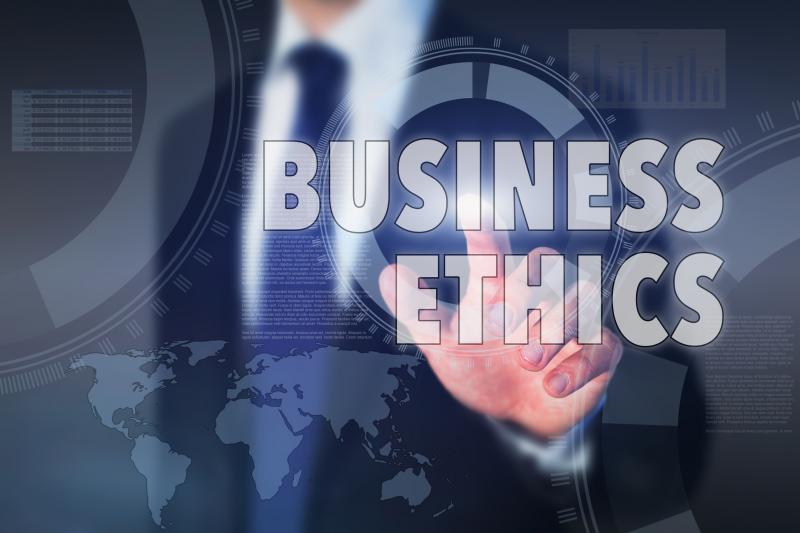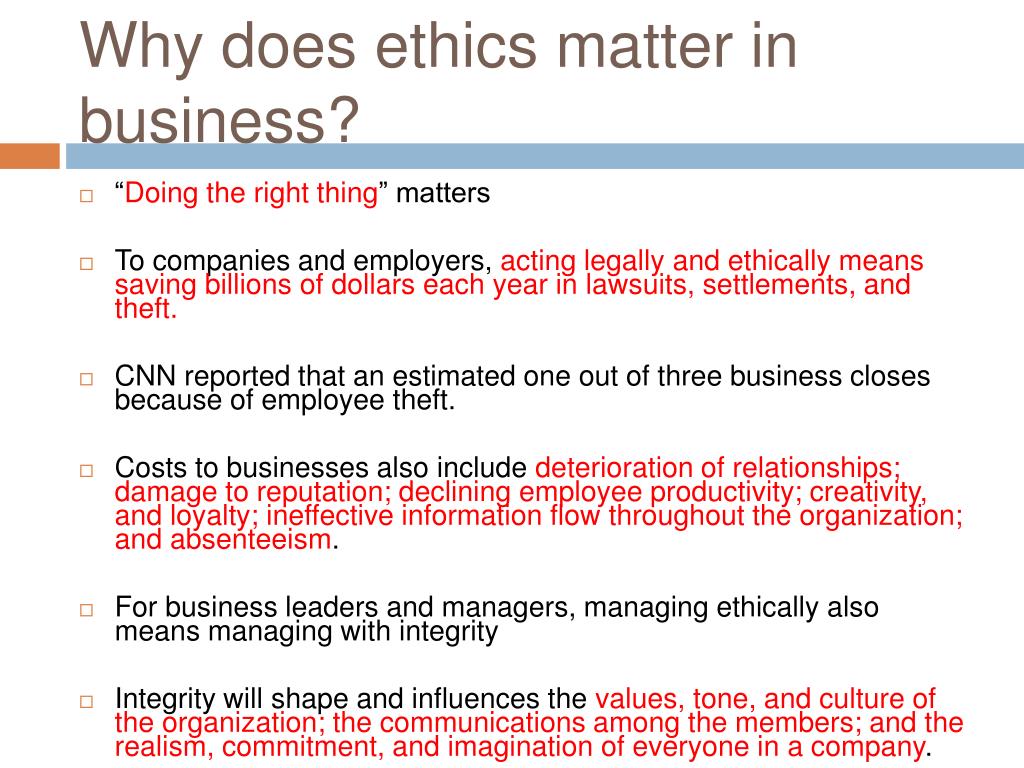Why Is Ethics In Business Important
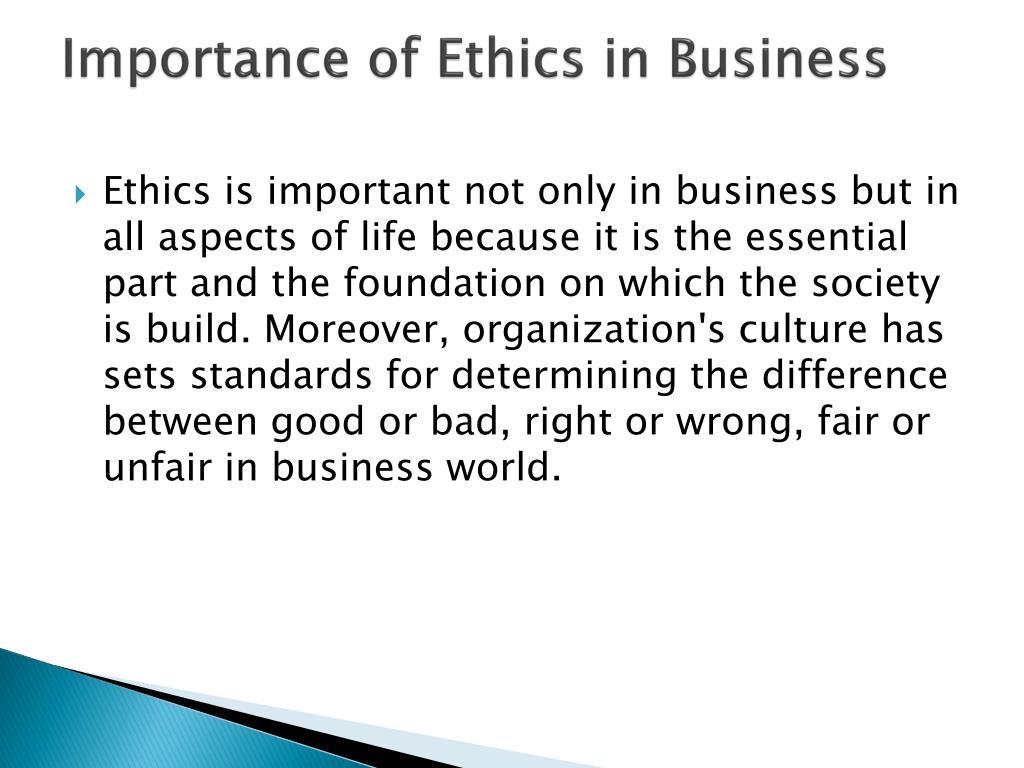
Businesses operating without a strong ethical compass risk devastating consequences, impacting not only their bottom line but also society at large. Recent scandals have thrust the critical importance of business ethics back into the spotlight, demanding immediate attention and action.
Ethical conduct is no longer a mere suggestion; it's a necessity for survival and sustainable growth in today's competitive landscape. Companies prioritizing ethics foster trust, attract and retain top talent, and build lasting relationships with customers and stakeholders.
The High Cost of Unethical Behavior
The consequences of unethical business practices are far-reaching. Financial losses, reputational damage, and legal repercussions are just the tip of the iceberg. Enron, WorldCom, and more recently, the Wells Fargo scandal, serve as stark reminders of the devastating impact of corporate malfeasance.
A 2023 report by the Ethics & Compliance Initiative (ECI) found that companies with strong ethical cultures are significantly less likely to experience misconduct. The report indicated that 48% of employees observed misconduct in organizations with weak ethical cultures, compared to only 15% in those with strong ethical cultures.
Beyond financial losses, unethical behavior erodes public trust and can lead to stricter regulations and government oversight. This creates a challenging environment for all businesses, regardless of their ethical stance.
Building an Ethical Foundation
Establishing a robust ethical framework requires a multi-faceted approach. It starts with leadership commitment and a clear articulation of ethical values.
A comprehensive code of conduct is essential, outlining expected behaviors and providing guidance on ethical dilemmas. Regular training programs are crucial to ensure employees understand the code and are equipped to make ethical decisions.
Whistleblower protection policies are vital, encouraging employees to report misconduct without fear of retaliation. According to the National Business Ethics Survey (NBES), companies with strong reporting mechanisms are more likely to detect and address ethical breaches early on.
Creating a Culture of Integrity
Ethics must be woven into the fabric of the organization's culture. This requires consistent reinforcement of ethical values and accountability for unethical behavior.
Performance evaluations should consider ethical conduct alongside traditional metrics. Recognizing and rewarding ethical behavior sends a clear message that ethics are valued and expected.
Open communication and transparency are also critical, fostering a culture where employees feel comfortable raising concerns and challenging unethical practices.
The Benefits of Ethical Business Practices
The benefits of ethical behavior extend far beyond avoiding negative consequences. Ethical companies enjoy a competitive advantage in attracting and retaining customers and employees.
Customers are increasingly demanding ethical products and services. A 2024 study by Deloitte found that 70% of consumers consider a company's ethical reputation when making purchasing decisions.
Employees are also drawn to ethical workplaces. Ethical companies experience lower employee turnover and higher levels of engagement and productivity.
Ultimately, ethical business practices contribute to a more sustainable and equitable society. By prioritizing ethics, companies can build a better future for themselves and for the world.
Moving Forward: Prioritizing Ethical Conduct
The time for complacency is over. Businesses must proactively address ethical challenges and prioritize ethical conduct in all aspects of their operations. Continuous monitoring, evaluation, and improvement of ethical programs are essential.
Stakeholders, including investors, customers, and employees, are demanding greater accountability and transparency. Companies that fail to meet these expectations risk losing their trust and support.
The future of business depends on a commitment to ethics. Only by prioritizing ethical conduct can companies build sustainable, successful, and responsible organizations.


